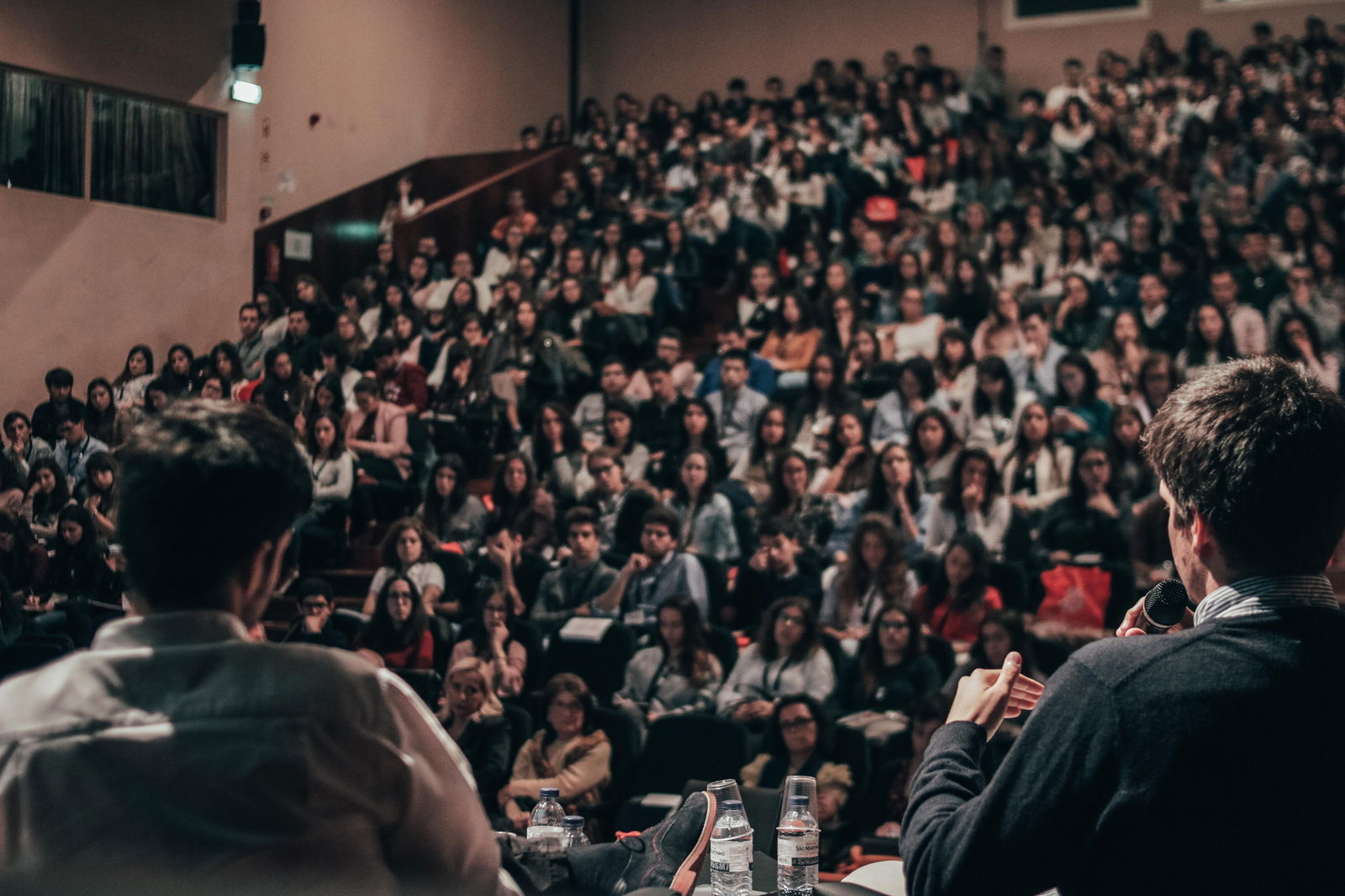Research funding grants for professors in Germany
The funding landscape for researchers eyeing a professorship

Are there research funding options for professors? © elenaleonova / iStock.com
There are a number of programs out there for academics who are just becoming established as professors or who rising up the academic research ladder. We provide a snapshot of five potential options.
Updated: 2025-01-15
Support for personal chairs: the DFG Heisenberg programme
The DFG's Heisenberg programme is aimed at outstanding researchers who meet all of the requirements for a long-term professorship. The grant funds a W2 or W3 professorship at a German university. Participating universities must create the necessary professorship and provide guarantees that the university will assume responsibility for funding the position once the five-year funding period is over.
The Heisenberg professorship is aimed at scientists who have qualified for a professorship through the DFG's Emmy Noether Programme, DFG project centres, research activities in industry or through mid-level academic positions. Evaluated junior professors and researchers from abroad can also apply.
Support for high-risk projects: DFG's Reinhart Koselleck Projects
Scientists planning research projects which are highly innovative or which have a high level of risk associated with them can apply for funding from the Reinhart Koselleck Projects. To be eligible for funding, applicants must have qualified or be eligible to qualify for a full professorship and demonstrate an outstanding scientific record. The scheme will only consider projects which, as a result of their unique innovativeness, cannot be funded by other programmes or institutions.
The financial support consists of a grant of between €500,000 and €1.25 million which can be spent on personnel, equipment, travel, publications and consumables. The total funding amount is provided in instalments of €250,000 over a period of five years. The scheme is open to both German and international applicants.
Support for visiting international professors: the Mercator Fellowship programme
The Mercator Fellowship Programme provides funding to “outstanding personalities from academia and practice,” allowing them to work on a specific academic or practice project. The fellowship is open to all nationalities and disciplines, and to those with significant academic or professional experience in the field proposed. It is not intended as a doctorate or a postdoc scholarship.
The fellowships are awarded for three to 12 months, with fellows able to choose whether to complete their project freely or at a host institution in Germany or abroad. Recipients are entitled to a stipend to cover livelihood and material costs in addition to a lump sum to cover travel, publication and event costs. Host institutions may also receive a payment to cover any costs accrued.
Funding for experienced researchers: Humboldt Research Fellowship
The Alexander von Humboldt Foundation offers experienced researchers of all nationalities and research areas to come to Germany to continue their work. The Humboldt Research Fellowship is open to postdocs up to four years after completing their doctorates as well as experienced researchers up to 12 years after completing their doctorates. Anyone may apply, but the programme expressly aims to support women and researchers from underrepresented groups.
Candidates choose their hosting institution in Germany and complete their research outline in cooperation with that host. Details of the outline and intended duration must be agreed upon with the host before applying. Those applying as experienced researchers should be working as an assistant professor, leading a junior research group or have several years of experience in independent research. The experienced researcher grant is funded with 3,200 euros per month in addition to travel costs and a subsidy for health and liability insurance.
Funding for academics fleeing violence in their homelands
While not specifically aimed at young professors starting their careers, the German Research Foundation (DFG) has made it easier for established researchers to join research projects and access funding for their own research under the Walter Benjamin Programme. While programme funding is generally restricted to researchers in the early post-doc phase, that requirement has been lifted for refugee academics. The goal is to integrate refugee researchers into the German academic landscape, with a particular focus on researchers fleeing Ukraine and Russia as a result of the war. More information can be found here.








